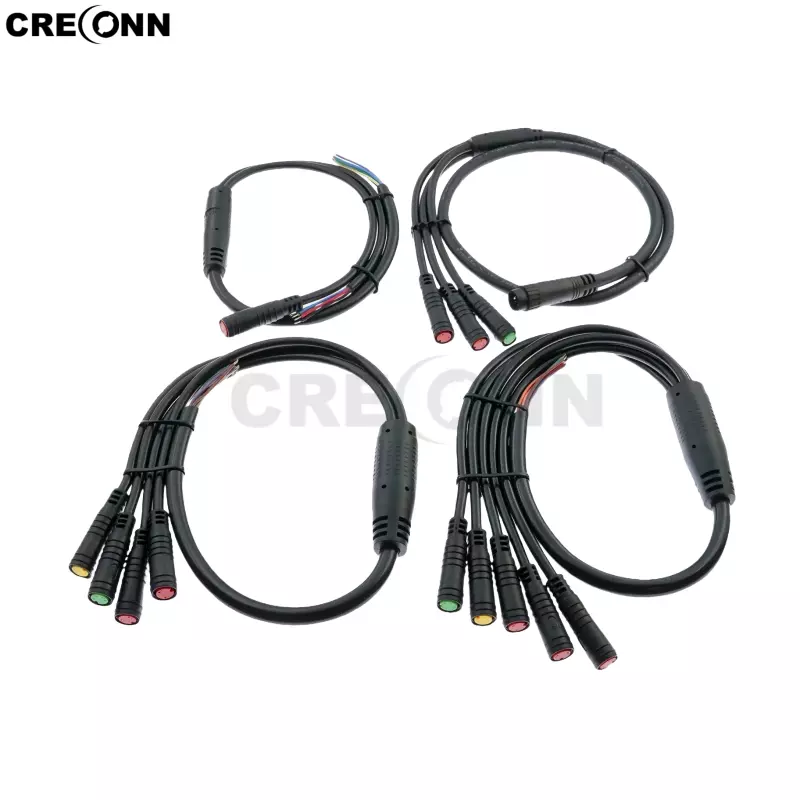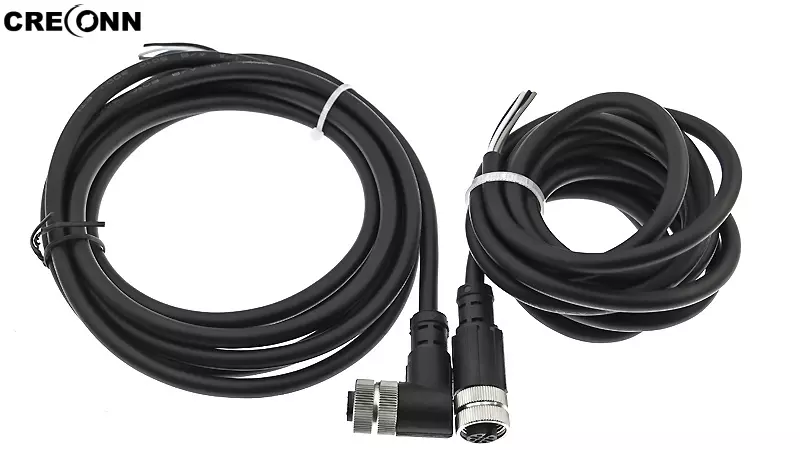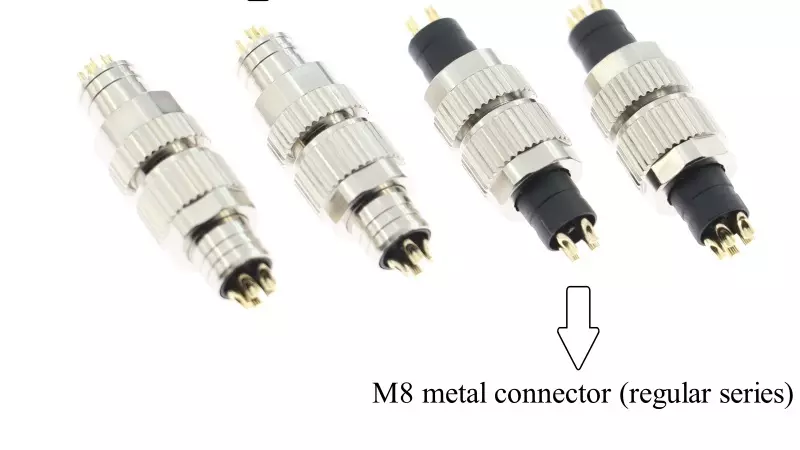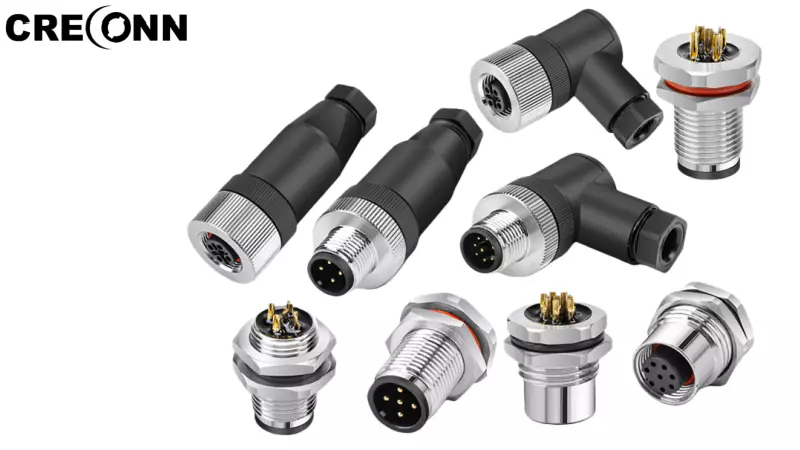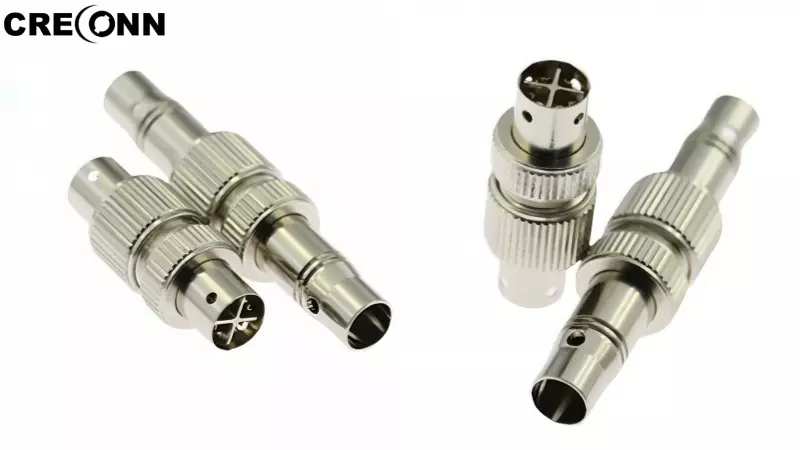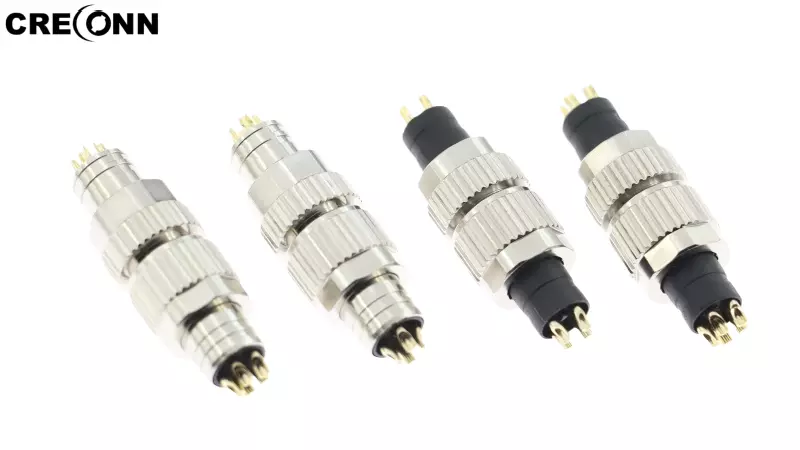Key Performance of E-bike Signal Cables
Key Performance of E-bike Signal Cables
1. Signal Transmission Accuracy & Stability
• Anti-interference: Resist electromagnetic interference from motors/controllers to avoid wrong acceleration/braking signals. Shielded cables (metal mesh/aluminum foil) enhance this.
• Attenuation Control: Test attenuation of different-length cables; optimize wiring and add amplifiers to maintain signal strength.
2. Durability & Reliability
• Mechanical Performance: Ensure flexibility, tensile strength, and bending resistance to prevent copper core breakage or insulation cracking from vibration/impact.
• Environmental Adaptability: Withstand high/low temperatures, humidity, and dust; resist aging, embrittlement, and corrosion.
3. Electrical Safety
• Insulation Resistance: Maintain high resistance (hundreds of megohms+) to prevent leakage, short circuits, or fires.
• Rated Current: Define safe current limits to avoid overheating, insulation aging, or fire risks.
4. System Compatibility
• Component Adaptability: Match motors, BMS, instrument panels, and sensors for seamless signal interaction.
• Interface Standardization: Use unified interfaces to cut production/maintenance costs and ease troubleshooting/replacement.
